Содержание
- 2. Why do you want to study ‘international law’?
- 3. The definition of ‘nations’ or ‘states’ Political bodies Societies of men Who have united together and
- 4. The meaning of international law Modern approach: “the body of law that regulates the activities of
- 5. The division of international law PUBLIC INTERNATIONAL LAW (INTERNATIONAL LAW) PRIVATE INTERNATIONAL LAW (CONFLICT OF LAWS)
- 6. What is “private international law”? The body of law that regulates the relations between persons and
- 7. SOURCES OF INTERNATIONAL LAW Primary sources: International treaties Custom Article 38 of the Statute of the
- 8. Article 38 of ICJ Statute International convention, whether general or particular, establishing rules expressly recognized by
- 9. The meaning of the three primary sources of international law International treaty law is comprised of
- 10. Interpretation of International Law Article 31(1) of the Vienna Convention on the Law of Treaties: “A
- 11. The components of Art.31(1) “Ordinary meaning”: a restrictive interpretation which bases on the actual text (the
- 12. SOME BRANCHES OF INTERNATIONAL LAW International criminal law The law pertaining to use of force International
- 13. Law and the International System (Session 3 & 4)
- 14. What is required by the “International System”? A normative system (to achieve our common values) A
- 15. Fundamental conflicts over international law The concept of “a nation-state” (nations controlled by a centralized system
- 16. Fundamental conflicts over international law Relations between nation-states were dictated by Treaty, unenforceable agreements to behave
- 17. Fundamental conflicts over international law The nation-state as the primary unit of international affairs State may
- 18. Moot Court (International Fruits Organization vs The Apple Republic )
- 19. MOOT COURT REGULATIONS Group C (International Animals Organization): Making an opening statement Describe briefly the facts
- 20. MOOT COURT SCENES Group C (point 1 & 2) Group A (point 1 & 2) Group
- 21. Thank You & See You Again In The Next Sessions
- 22. SHARING INFORMATION ON INTERNATIONAL ISSUES Prior to the beginning of the class, one of you should
- 23. INTERNATIONAL LAW WITHIN THE STATE (Session 5 & 6) What is the function of international law
- 24. Is there a relationship between international law and national law (municipal law)?
- 25. THEORIES REGARDING THE RELATIONSHIP BETWEEN INTERNATIONAL AND NATIONAL LAW (MUNICIPAL LAW) Monism Approach DUALISM Approach
- 26. MONISM APPROACH International and municipal law as a single legal system. Legal regulations as a single
- 27. DUALISM APPROACH international and national law are distinct legal orders (they are not parts of a
- 28. How do a national court adopt an international law based on monism and dualism theories?
- 29. Discuss With Your Partner The French Constitution provides that treties are “law” that must be applied
- 30. THE APPLICATION OF MONISM THEORY IN A NATIONAL COURT Treaties (conventions) and the orders of international
- 31. THE APPLICATION OF DUALISM THEORY IN A NATIONAL COURT National court may only apply international law
- 32. Do You Think That International Law May Conflict With National Law?
- 33. International Law vs National Law Can a state breach its obligation in international law on the
- 34. The statement of the Permanent Court of International Justice (ICJ) ‘A state cannot adduce as against
- 35. Thank You & See You Again In The Next Sessions
- 36. SUBJECTS OF INTERNATIONAL LAW (Session 7 & 8)
- 37. WHAT IS THE MEANING OF “SUBJECT OF LAW”? Please discuss with your partner
- 38. SUBJECTS OF INTERNATIONAL LAW ENTITIES OR ELEMENTS; HAVE A CAPABILITY TO CONDUCT LEGAL ACTS IN THE
- 39. SUBJECTS OF INTERNATIONAL LAW PEOPLE REPUBLIC OF CHINA THE UNITED NATIONS VATICAN MAN OR WOMAN Israel
- 40. SUBJECTS OF INTERNATIONAL LAW STATE; INTERNATIONAL ORGANIZATION; INDIVIDUAL; BELIGERENCY. Please give examples of each component of
- 41. A state should have legal personality in order to be a subject of international law PERMANENT
- 42. INTERNATIONAL ORGANIZATION ORGANIZATION WHOSE MEMBERS CONSIST OF STATES HAVE A SIGNIFICANT MEMBERSHIP HAVE A STRUCTURE OF
- 43. INDIVIDUAL A person or citizen is a subject of international law. For example: Former Iraqi Presiden,
- 44. Analyze this case (what is the consequence of considering a person as a subject of international
- 45. Thank You & See You Again In The Next Sessions
- 46. Recognition of States and Governments (Session 10 & 11) WHAT IS THE MEANING OF “RECOGNITION”?
- 47. The Meaning of “Recognition” Recognition generally refers to one state’s willingness to establish or maintain official
- 48. Is it important for a state to obtain a recognition from another state?
- 49. The significances of recognition for a state To obtain equality status with other members of the
- 50. Types of recognition Recognition of States Recognition of Government
- 51. What is the difference between recognition of state and government? The tree is the state The
- 52. The difference between recognition of state and government Analogy: The tree is the state. The leaves
- 53. The real case Saudi Arabia and the United Arab Emirates withdrew their recognition to Afghanistan Taliban
- 54. Types of Recognition of States Expressed recognition Implicit recognition Collective recognition Premature recognition
- 55. Expressed Recognition Diplomatic letters/notes, statements, telegrams Example: The statement of French President to recognize the independency
- 56. Implicit Recognition Sending a diplomatic agent Having a talk with an official or a head of
- 57. Collective Recognition Via international treaty or multilateral conference Example: 5 ASEAN countries on 18 April 1975
- 58. Premature Recognition Recognition is given to a state although the state does not have complete constitutive
- 59. Types of Recognition of Government Similar to the types of recognition of state De facto and
- 60. De Facto Recognition The government of a state is not constitutionally valid The ruling power has
- 61. De jure recognition The ruling power has been recognized in the entire state The government is
- 62. Thank You & See You Again In The Next Sessions
- 63. CHAPTER I PURPOSES AND PRINCIPLES Article 1 The Purposes of the United Nations are: To maintain
- 64. Article 14 – Vienna 1961 1. “Heads of mission are divided into three classes, namely: (a)
- 65. All International law can be considered diplomatic law; and, on the contrary, all diplomatic law can
- 66. Consular immunity Consuls like diplomats, represent their state in another state, but, unlike diplomats, they are
- 67. Consular immunity Consulates often are based in provincial towns as well as in capital cities. In
- 68. VIENNA CONVENTION ON CONSULAR RELATIONS Article 5 ”CONSULAR FUNCTIONS” Consular functions consist in: (a) protecting in
- 69. (d) Issuing passports and travel documents to nationals of the sending State, and visas or appropriate
- 70. APPOINTMENT AND ADMISSION OF Consul Article 12 “THE EXEQUATUR” 1. The head of a consular post
- 71. STATE RESPONSIBILITY Session 12 & 13 What do you know about responsibilities?
- 72. The meaning of responsibility under international law Responsibility is associated with “obligations”. State responsibility under international
- 73. When a state responsibility/liability arises? A state can incur liability for either “intentional” or “negligent” conduct.
- 74. Fundamental Elements of State Responsibility The existence of a legal obligation recognized by International Law. An
- 75. State Responsibility vs State Sovereignty
- 76. SOVEREIGN IMMUNITY When sovereign immunity applies, one State’s judge cannot assert jurisdiction over another state in
- 77. Equality of States Why does a country have immunity from suit in the courts of another
- 78. The scope of sovereign immunity States Heads of State State government agencies that are conducting State
- 79. Types of Immunity Absolute Immunity A foreign head of State was not subject to any civil
- 80. Thank You & See You In Mid Semester Exam
- 81. Human Rights (Session 15 & 16) What is the meaning of the term “human rights” according
- 82. The Meaning of Human Rights Human rights are those rights possessed by an individual that cannot
- 83. DEFINITION HUMAN RIGHTS is defined as the supreme, inherent, and inalienable rights to life, to dignity,
- 84. RIGHTS – moral power to hold (rights to life, nationality, own property, rest and leisure), to
- 85. History of H/R First the term appeared in I/L in the period of France revolution. In
- 86. Five categories of Human Rights Civil – the right to be treated as an equal to
- 87. Legal basis Human rights Treaties Conventions, Covenants Declarations Contain detailed lists and definitions of human rights
- 88. Legal basis - UN Charter Sets the promotion of and respect for human rights for all
- 89. Characteristics of Human Rights Universal Internationally guaranteed Legally protected Protects individuals and groups Cannot be taken
- 90. International Bill of Human Rights The 1948 Universal Declaration of Human Rights (UDHR) The 1966 International
- 91. The 1948 Universal Declaration of Human Rights (UDHR) First Category covers “civil and political rights”: The
- 92. The 1948 Universal Declaration of Human Rights (UDHR) Second category consists of economic, social, and cultural
- 93. The four freedoms Franklin D. Roosevelt proposed four fundamental freedoms that people "everywhere in the world"
- 94. Definitions in the Charter Human Rights Basically Civil and Political Rights (ICCPR) Include any other right
- 95. Human Rights Treaties in Europe The European Human Rights Convention (ECHR) contains civil and political rights
- 96. Latin America’s Human Rights Norms The 1948 Charter of the Organization of American States (OAS). The
- 97. Africa’s Human Rights Program The 1986 African Charter on Human and People’s Rights. The 1986 African
- 98. Your assignment (1500 words) The Violations of Human Rights in Asia (The analysis of the International
- 99. Thank You & See You Again In The Next Sessions
- 100. Citizenship (Sessions 17 & 18) WHAT IS THE MEANING OF ‘CITIZENSHIP’?
- 101. The Meaning of Citizenship Citizenship (an individual’s nationality) is a bond between an individual and a
- 102. Nationality Nationality is a legal, political, and social link between the individual and the state Nationality
- 103. Jurisdiction (Session 19 & 20) What is the meaning of ‘jurisdiction’ ?
- 104. The Meaning of Jurisdiction Jurisdiction refers to the power of a state to: Enact laws that
- 105. State sovereignty: The State can do what it wants within its own borders or: The State
- 106. To give an instance if a man kills somebody in Britain and then manages to reach
- 107. However, there are circumstances in which it may be possible to apprehend a suspected murderer, but
- 108. Types of criminal jurisdiction Prescriptive / Legislative The state’s authority to make its own substantive criminal
- 109. Public International Law 3231A Suleyman Demirel University Faculty of Economics State Jurisdiction Over People & Things
- 110. Public International Law 3231A Suleyman Demirel University Faculty of Economics State Jurisdiction Over People & Things:
- 111. Public International Law 3231A Suleyman Demirel University Faculty of Economics Nationality Principle: a state may pass
- 112. Public International Law 3231A Suleyman Demirel University Faculty of Economics Passive Personality Principle: variant of the
- 113. Craig Forcese Public International Law 3231A Suleyman Demirel University Faculty of Economics Protective Principle: regulation of
- 114. FIVE JURISDICTIONAL PRINCIPLES Territorial principle Universality principle Nationality principle Passive personality principle Protective principle
- 115. Territorial A state is entitled to prosecute all persons irrespective of nationality who have committed a
- 116. Territorial Principle Based on the location of the defendant’s act. Two relevant applications are the subjective
- 117. Universal jurisdiction Universal jurisdiction is a principle of international law that allows a state’s courts to
- 118. Universality Principle Covers certain crimes that are considered to be committed against the entire community of
- 119. Nationality Principle Based on the nationality of the defendant Nationality principle: Defendant’s conduct violates State X
- 120. Active personality (nationality of offender) A state’s entitlement to prosecute its own nationals for crimes committed
- 121. Platia Aristan Alexendra Socran Lake Critius Misty Channel Sea of Aristan Northern Sea Moreland Utopiville Moreland
- 122. Passive personality (nationality of victim) A state’s entitlement to prosecute individuals who have harmed its own
- 123. Passive Personality Principle Based on the nationality of the victim Passive personality principle: Defendant’s conduct violates
- 124. Nationality principle Nationality/citizenship is the link between the territory and its inhabitants Nationality/citizenship derives from: Jus
- 125. Protective Principle Authorizes a state to exercise jurisdiction over individuals when their criminal acts occur outside
- 126. The protective principle Jurisdiction over foreigners for crimes committed abroad, when the vital interests of the
- 127. WORK IN PAIRS Make your own hypothetical cases relating to the application of the five jurisdictional
- 128. Your Hypothetical Cases Principle of Territory: + Subjective Form: Mr. lmberg, a Swiss citizen plotted the
- 129. Your Hypothetical Cases Principle of Territory: + Objective Form: Mrs. lmberg, a Swiss citizen plotted the
- 130. Your Hypothetical Cases + Nationality Principle The US government imposes a policy that “No US citizen
- 131. Your Hypothetical Cases Passive Personality Due to a negligence of a French ship’s officer, the French
- 132. Your Hypothetical Cases Protective Principle A Canadian citizen made false statements while trying to obtain a
- 133. Your Hypothetical Cases Universality Principle Piracy was usually committed on the high seas rather than within
- 134. EXTRADITION Is the process whereby one nation surrenders someone accused of a crime to another nation.
- 135. The Extraditable Offenses Murder Kidnapping Rape Bigamy Robbery Inciting riots Piracy Drug law violation Bribery Evasion
- 136. “Irregular Alternatives” States do not always depend on extradition treaties when they seek to prosecute certain
- 137. Avoiding Extradition (Extradition Limitations) Extradition treaties typically require the extraditable offenses be those that violate the
- 138. Avoiding Extradition (Political Offense Exception) Most extradition treaties contain an escape clause that is characterized as
- 139. Hypothetical Case The government of Country X has a trouble with a group of people who
- 140. Thank You & See You Again In The Next Sessions
- 142. Скачать презентацию



















































































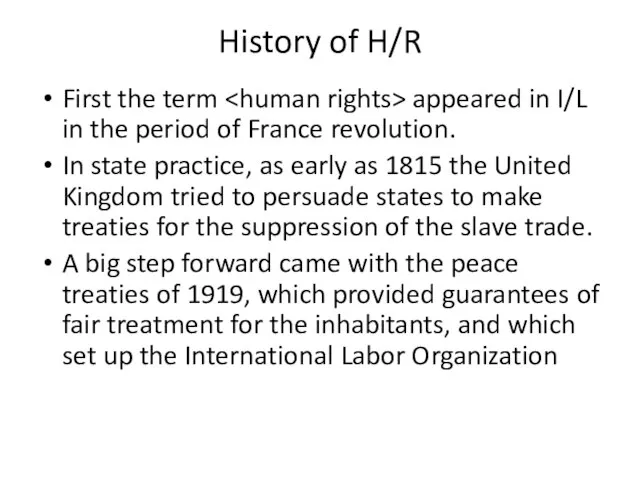

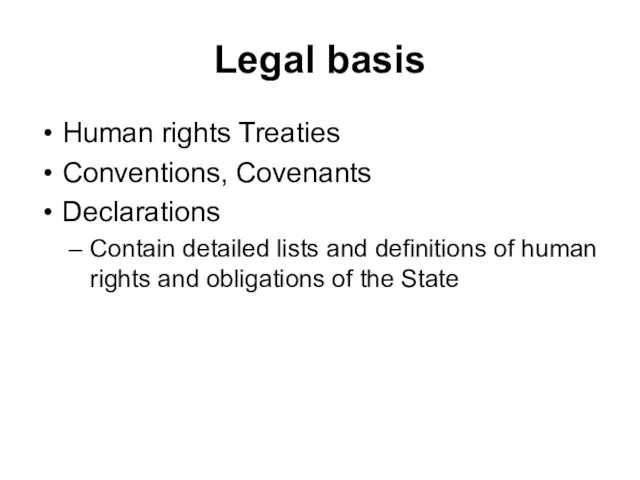
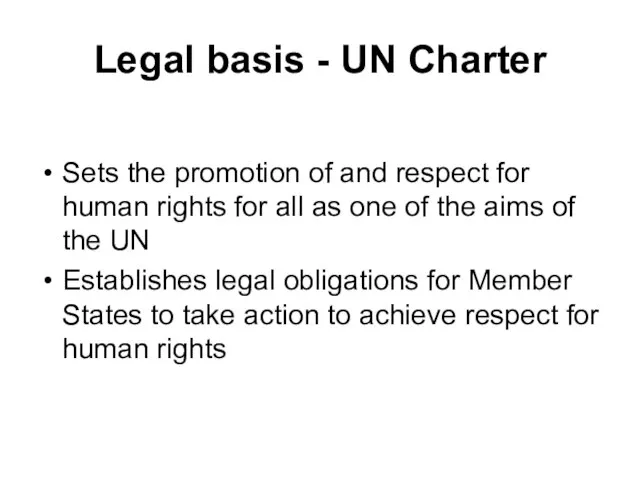
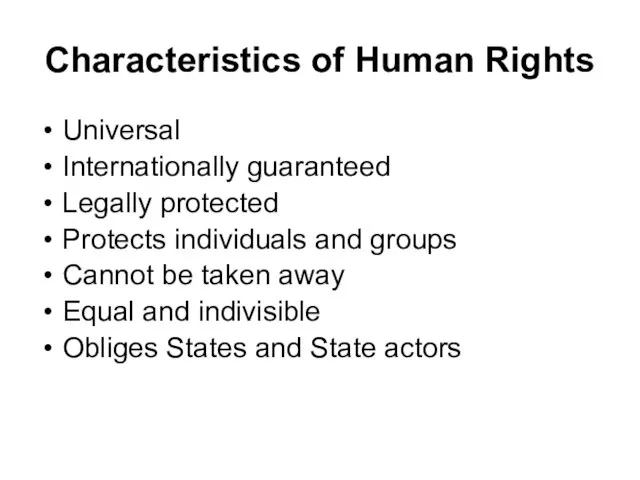
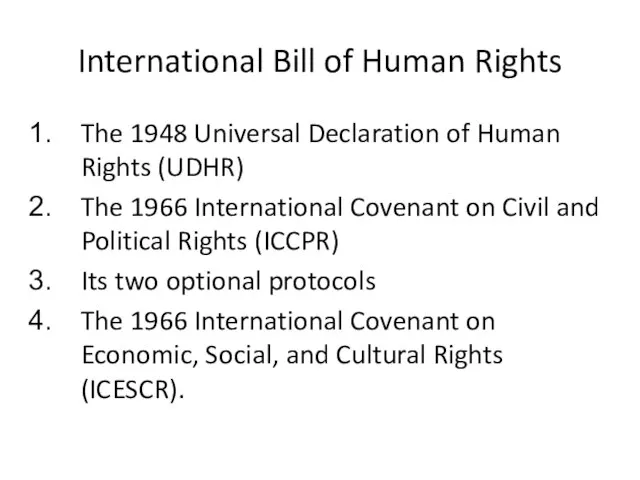
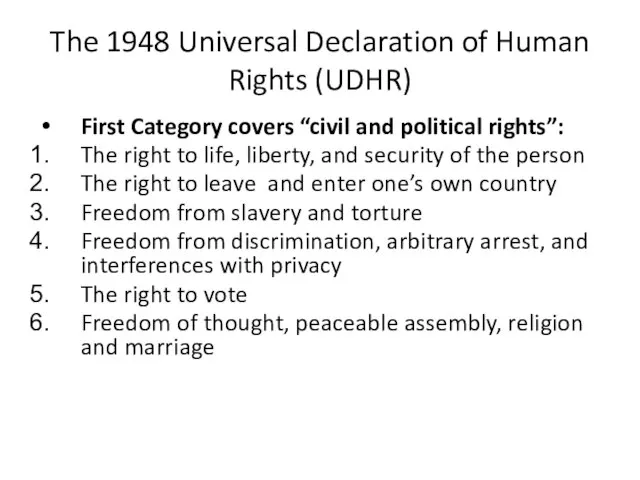
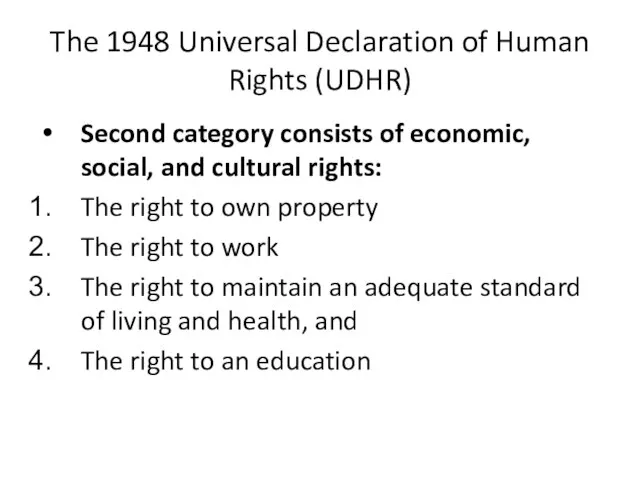
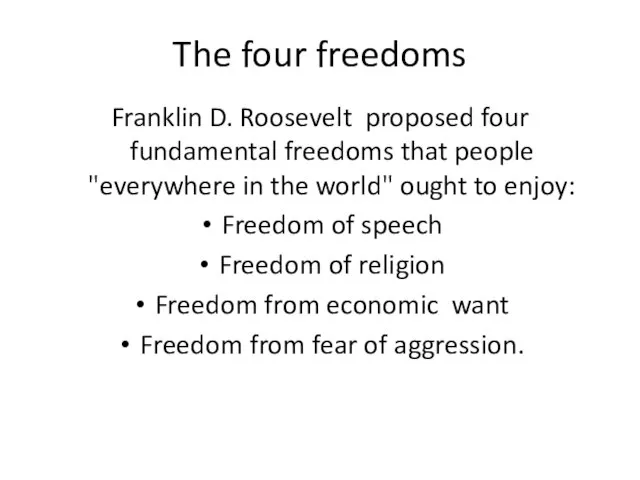
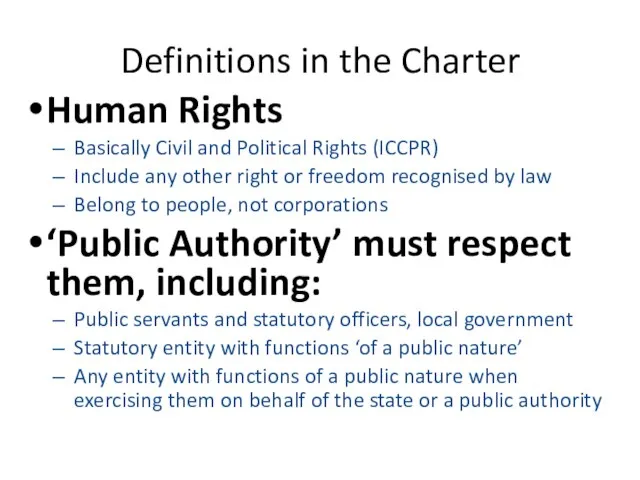
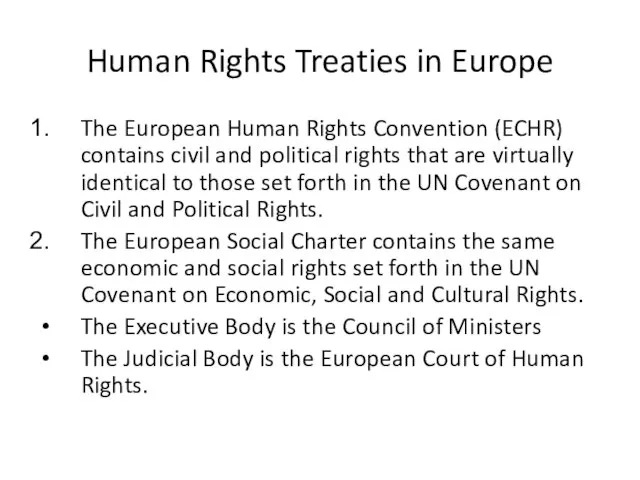
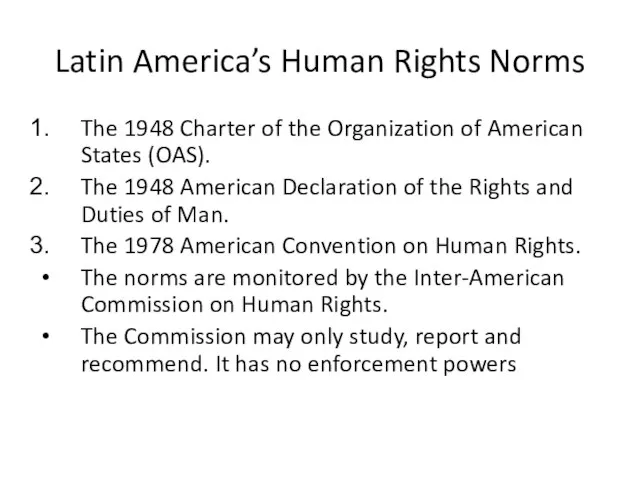
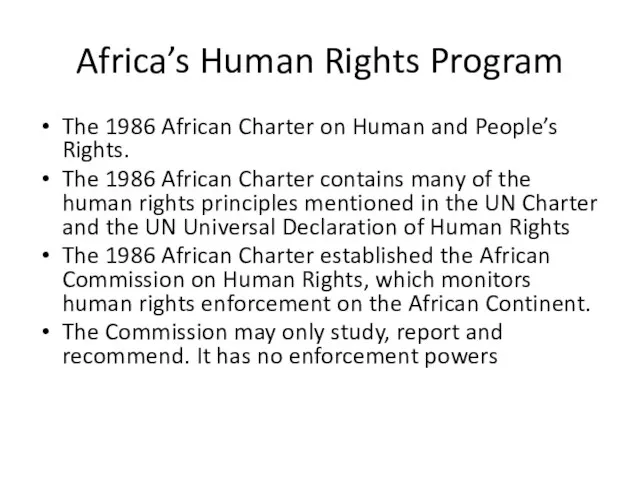
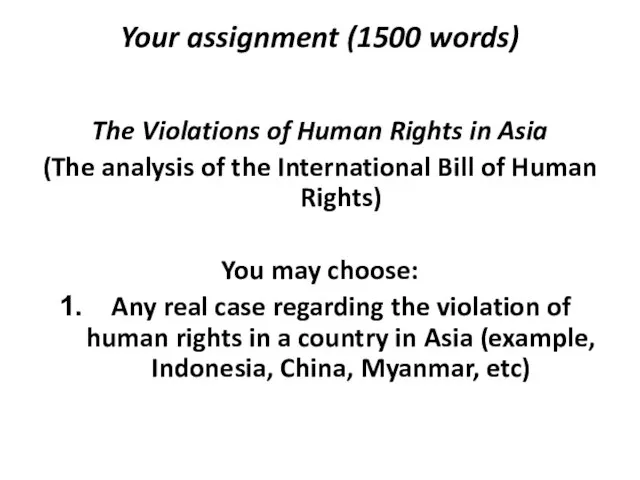

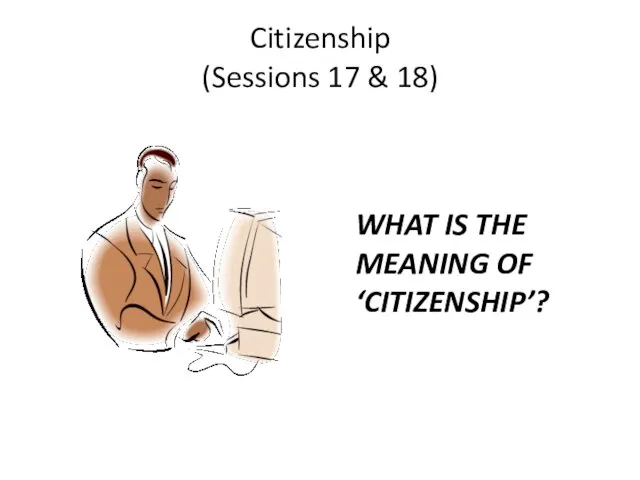
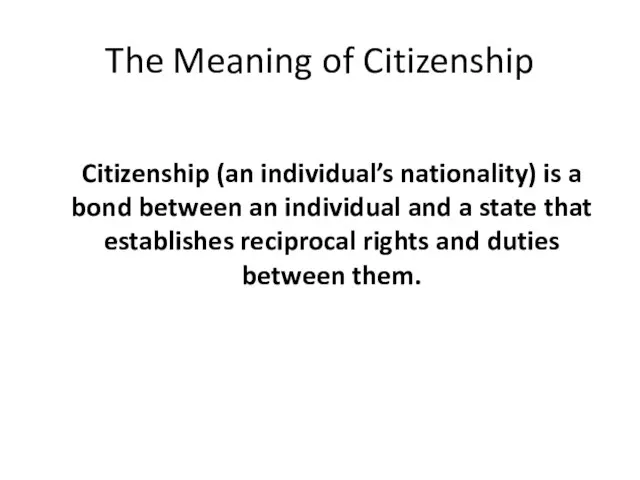
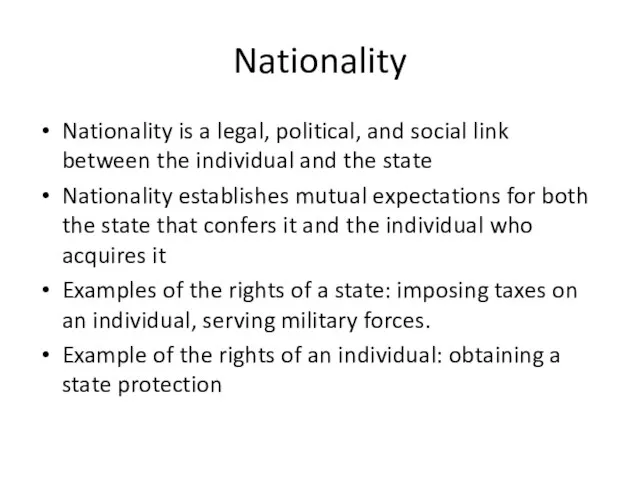
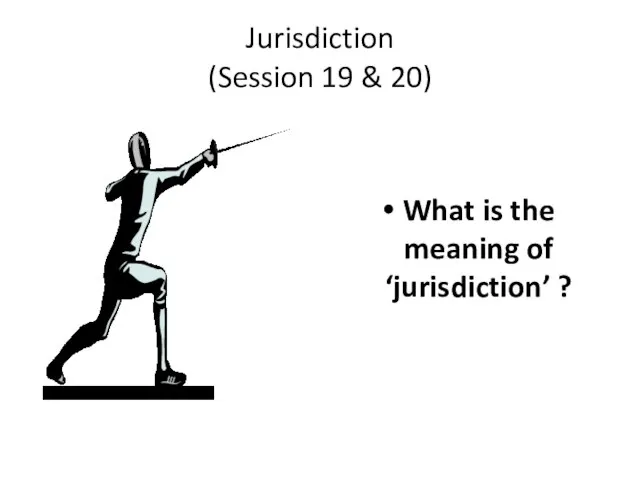
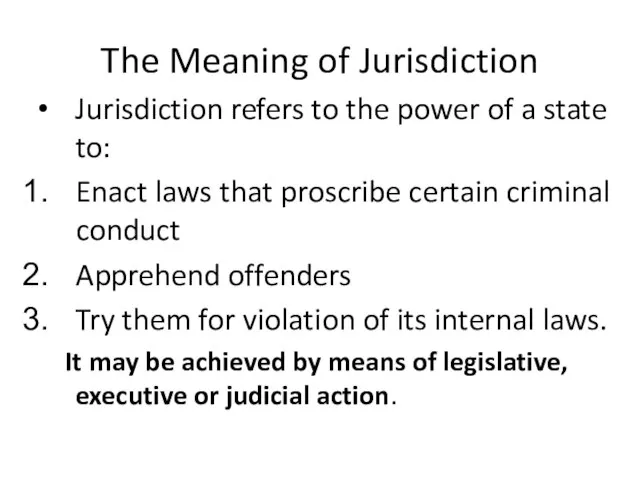
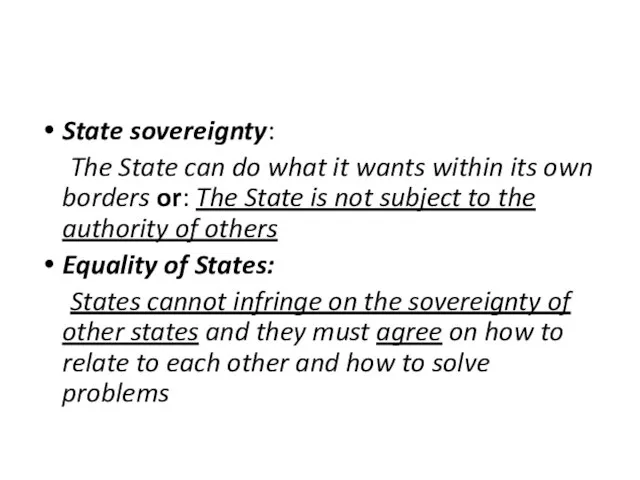
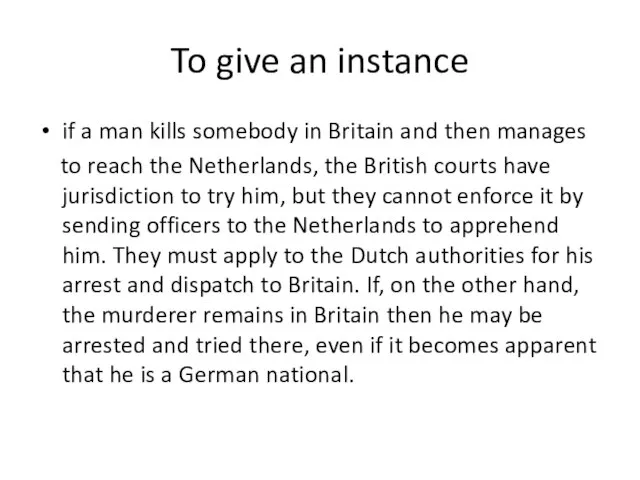
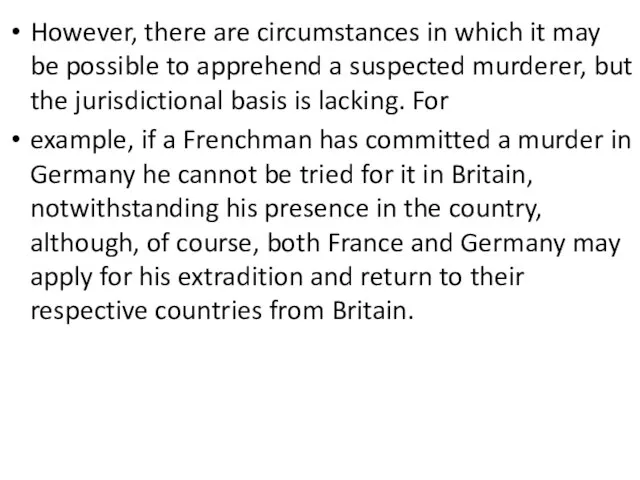
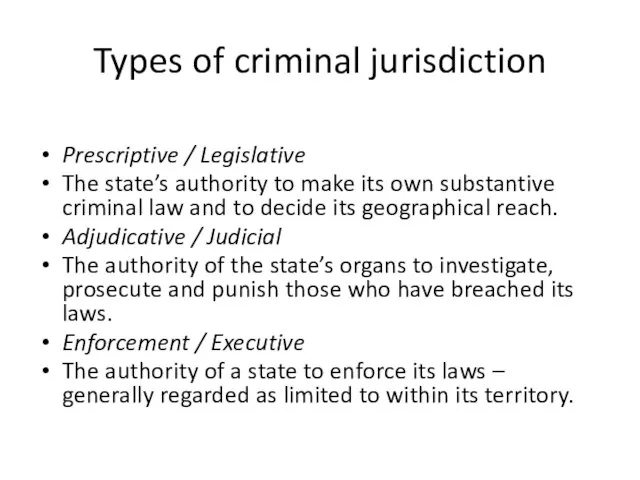
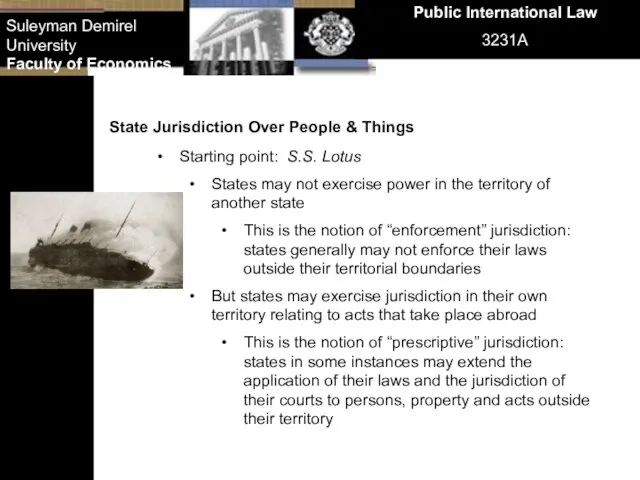
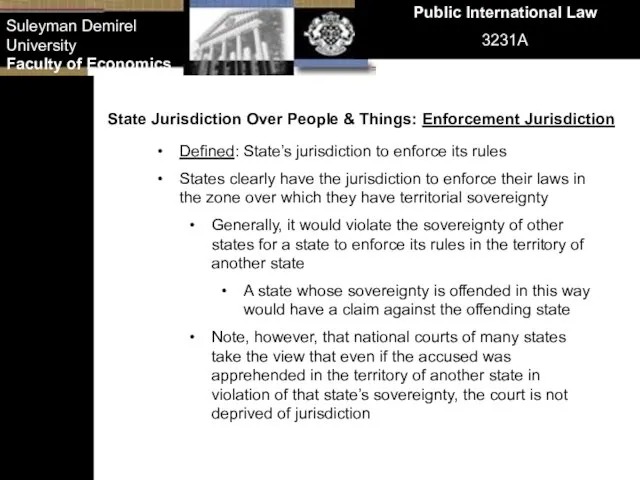
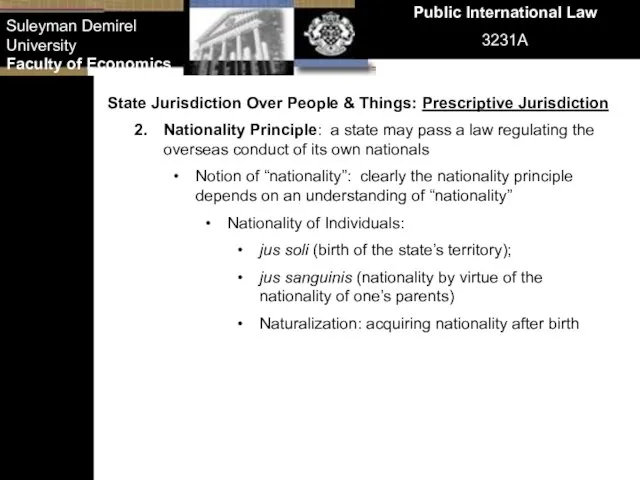
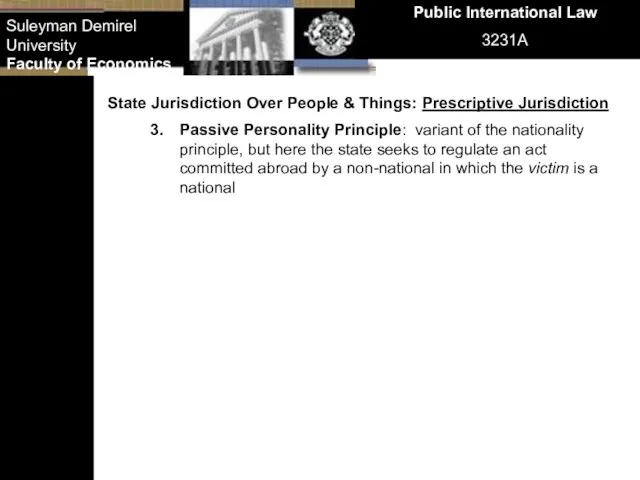
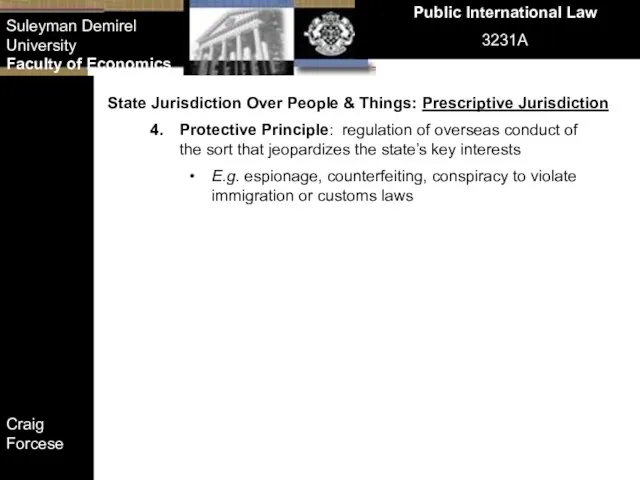
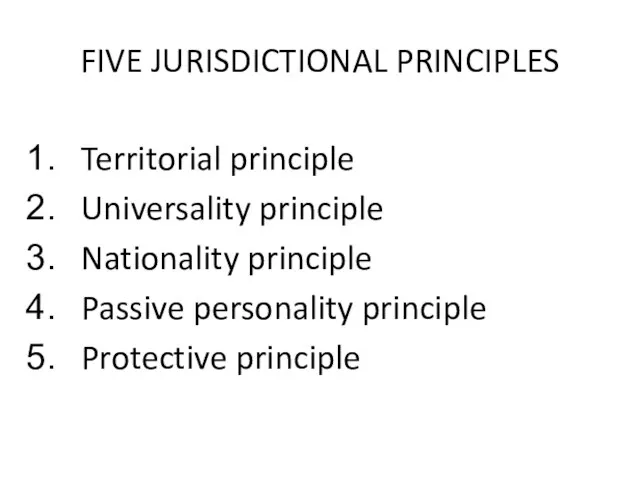
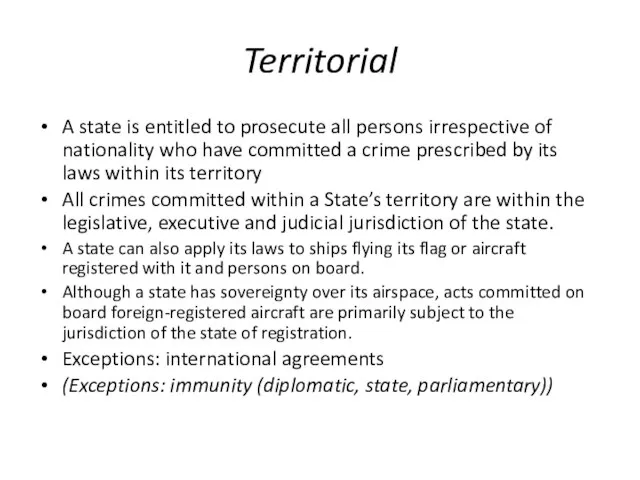
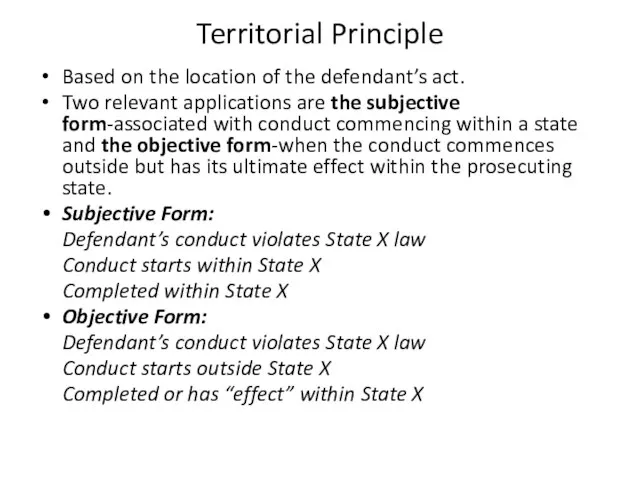
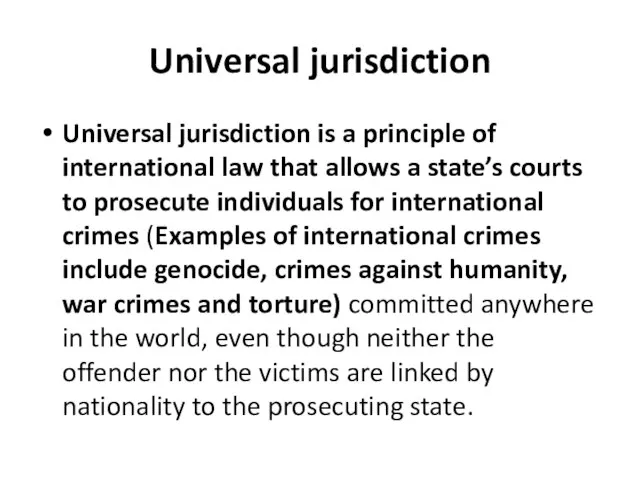
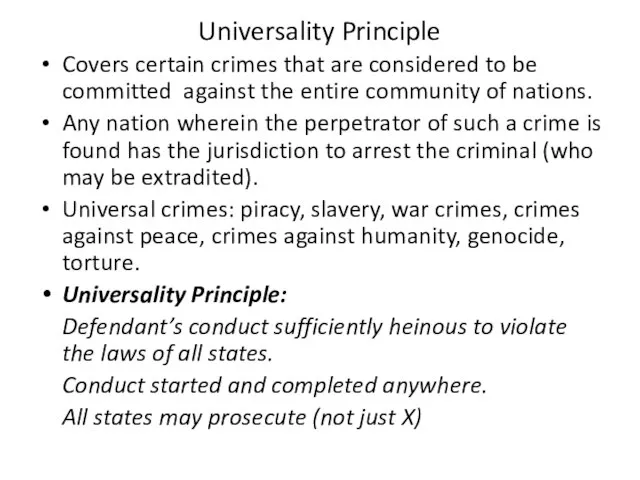
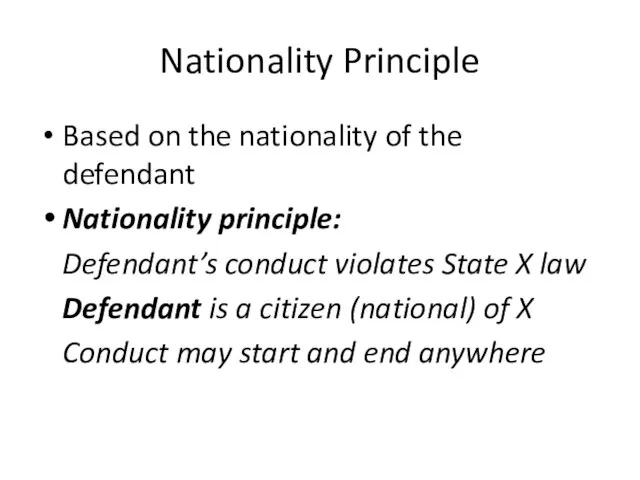
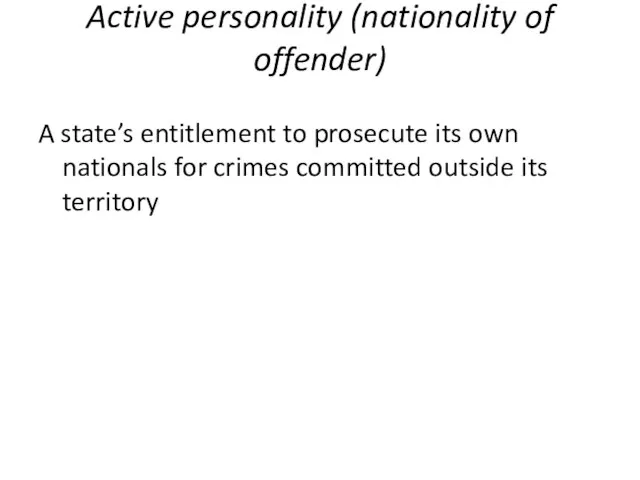
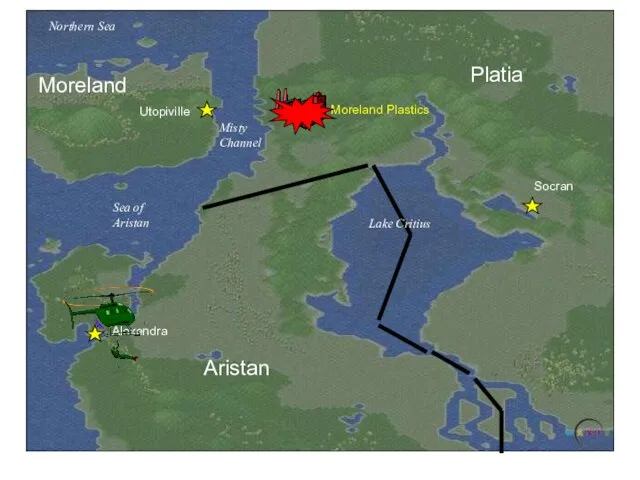
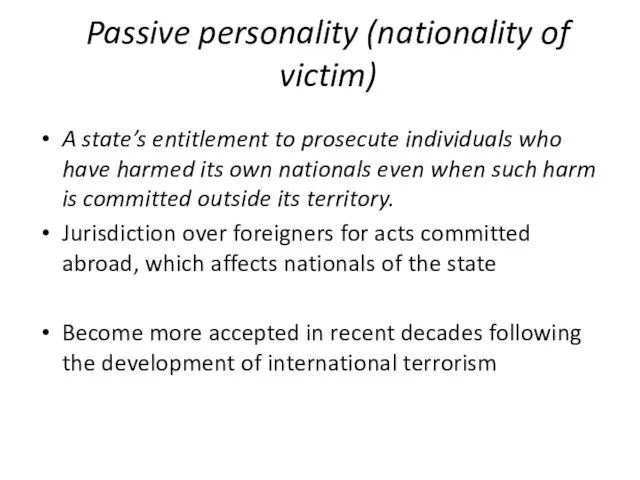
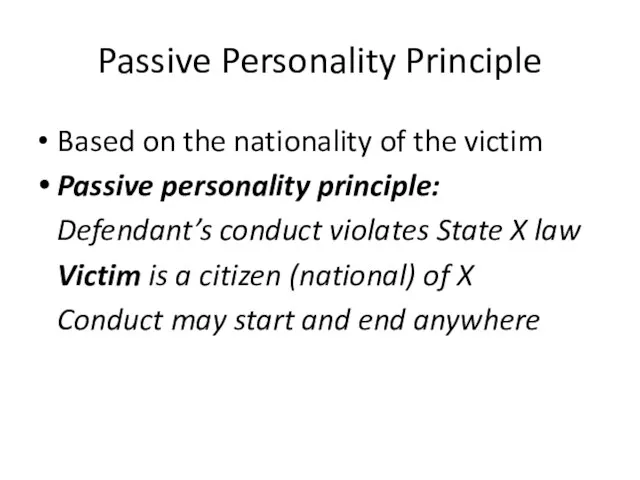
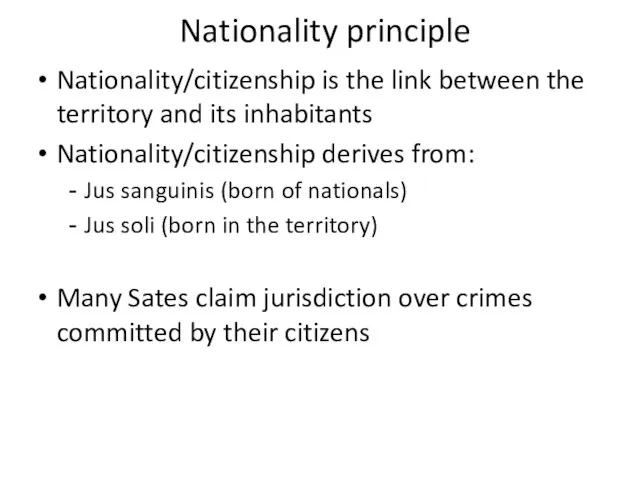
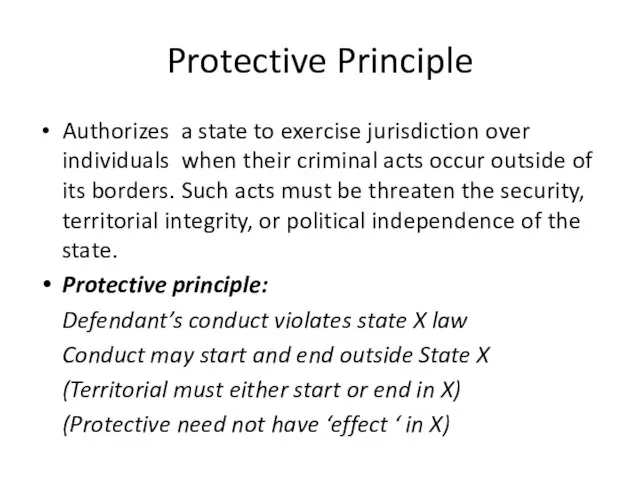
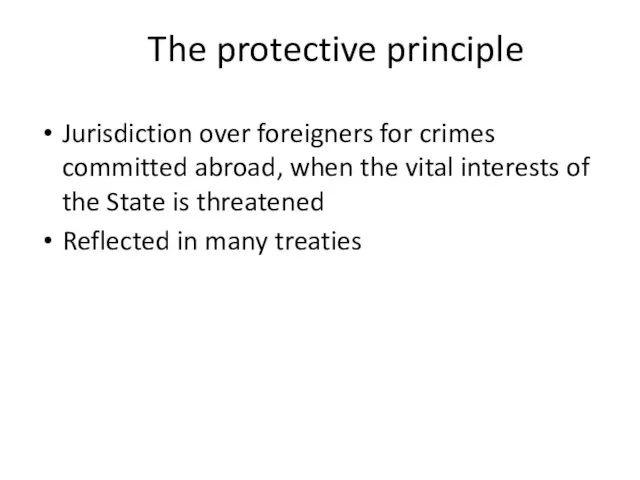
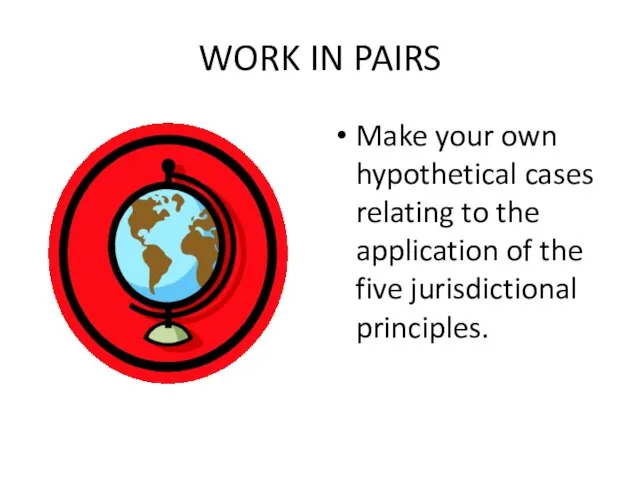
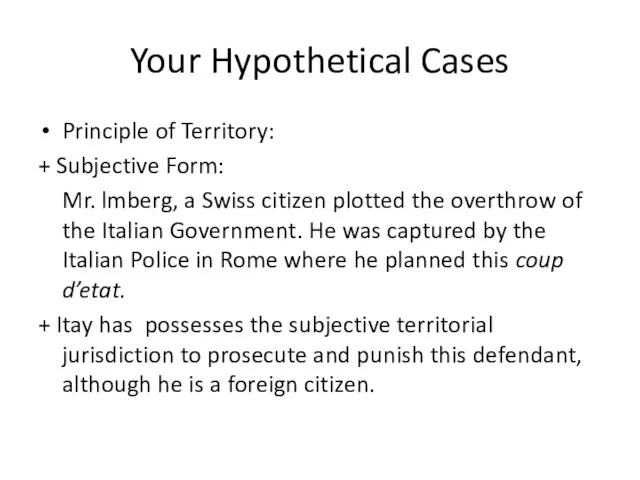
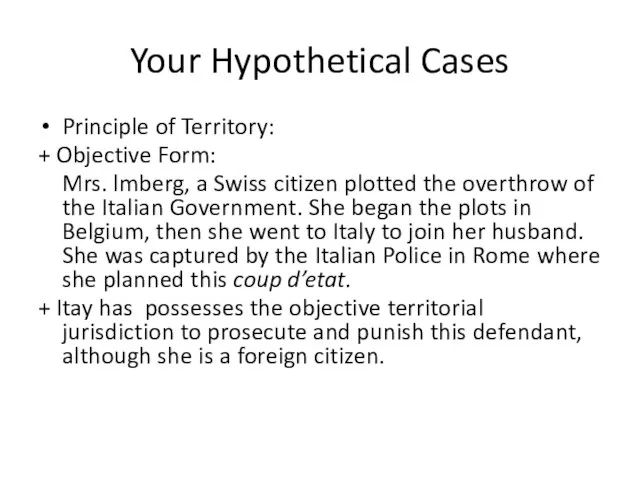
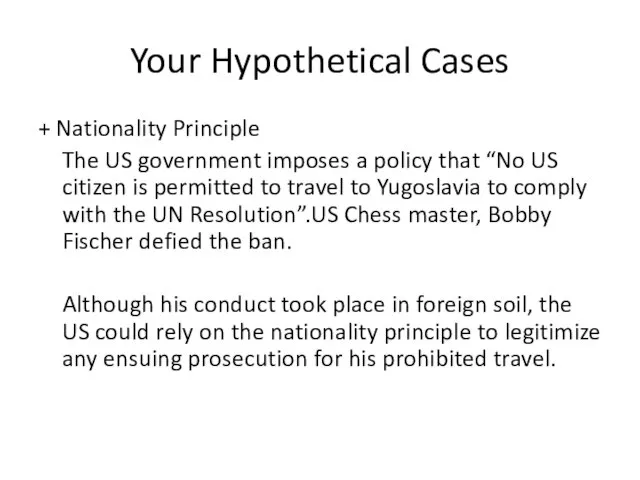
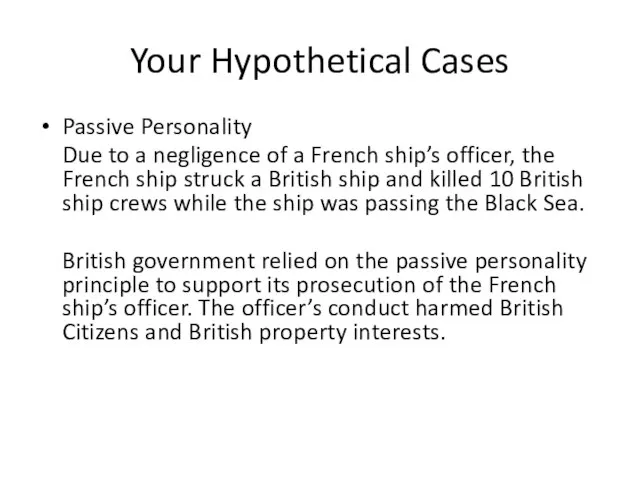
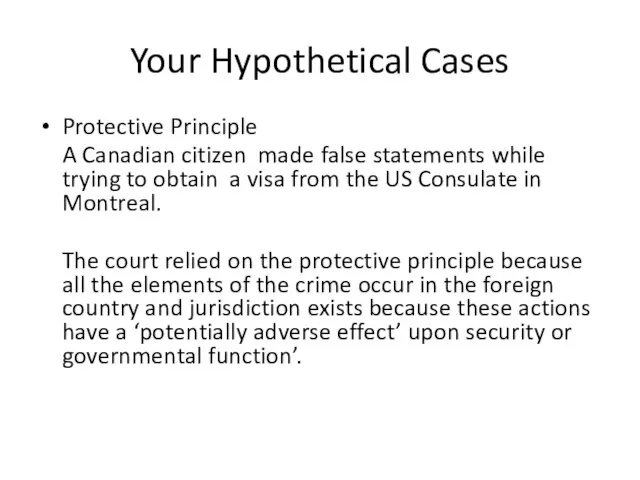
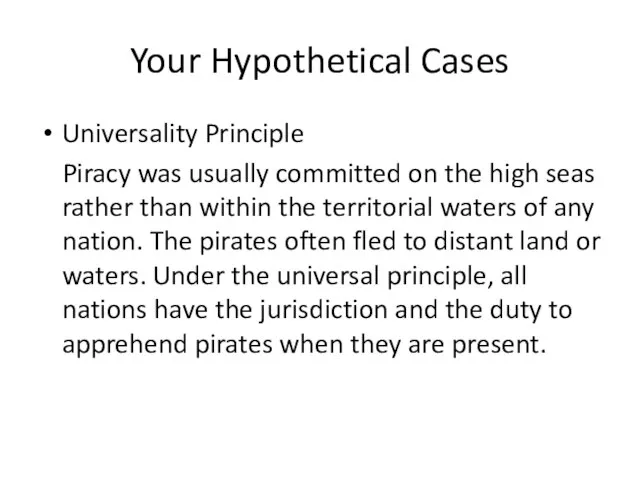
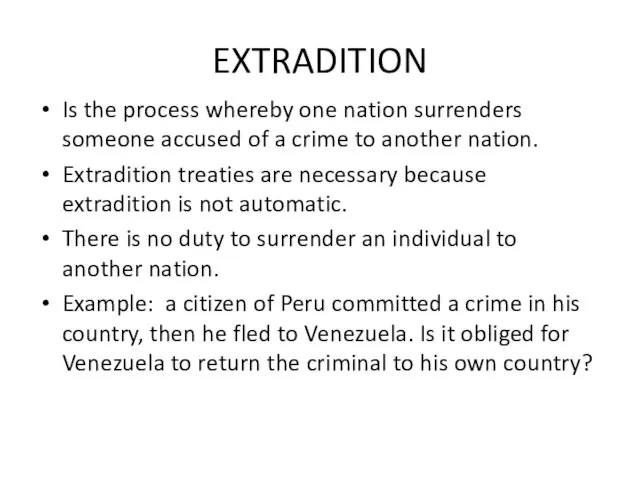
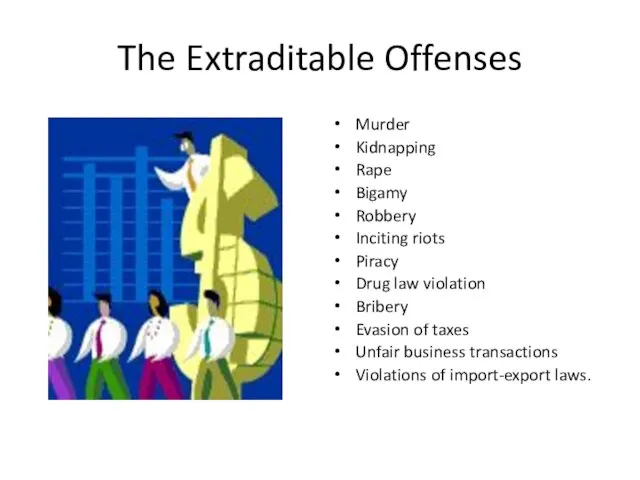
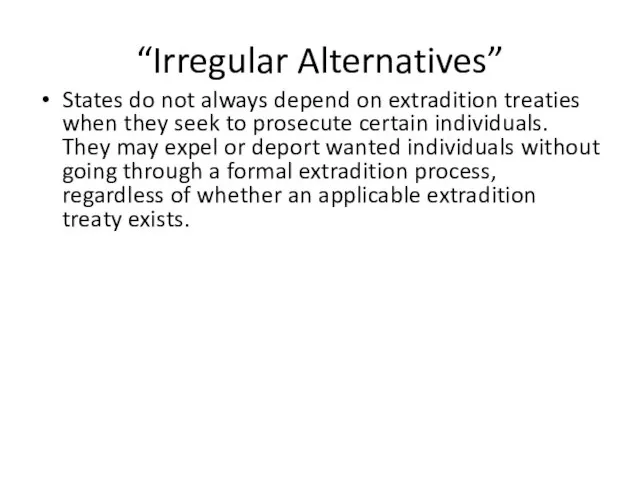
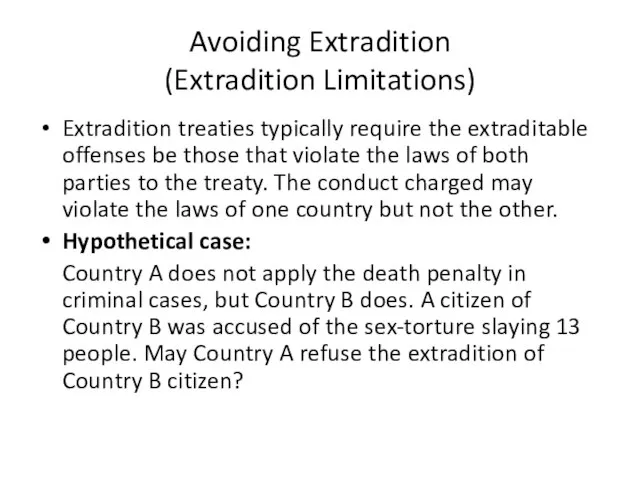
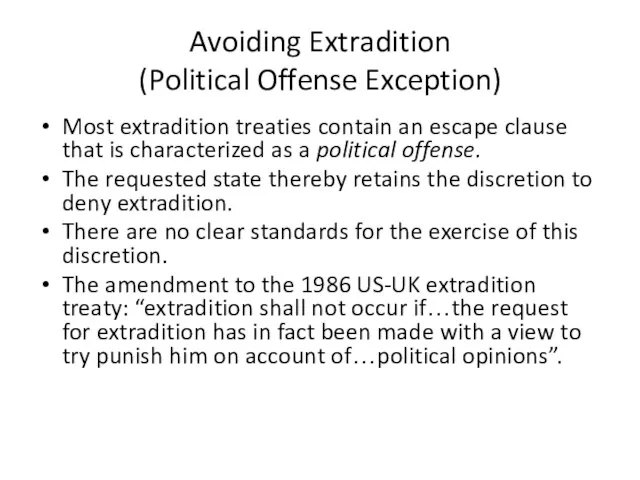
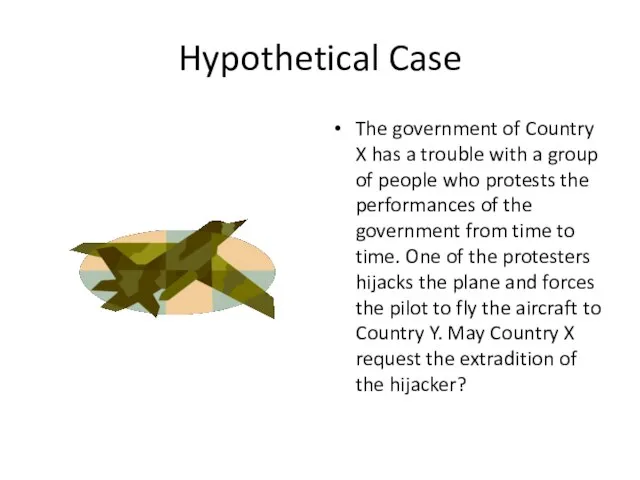

 Естественный ядерный реактор Окло
Естественный ядерный реактор Окло Какие типы домов существуют в Великобритании?
Какие типы домов существуют в Великобритании? История возникновения и развитие романса как жанра в музыке
История возникновения и развитие романса как жанра в музыке Доли.Обыкновенные дроби
Доли.Обыкновенные дроби Предложения экспериментов на установке РАДЭКС
Предложения экспериментов на установке РАДЭКС Метод АВС
Метод АВС Творчество Жана Огюста Доминика Энгра
Творчество Жана Огюста Доминика Энгра Положение о портфолио педагогических работниковобразовательных учреждений, учреждений образования Мурманской области, проход
Положение о портфолио педагогических работниковобразовательных учреждений, учреждений образования Мурманской области, проход МКА5 3 курс (1)
МКА5 3 курс (1) С Днём Геолога
С Днём Геолога Всеобуч
Всеобуч A BC Треугольник называется равнобедренным, если две его стороны равны.
A BC Треугольник называется равнобедренным, если две его стороны равны. Этикет
Этикет Эсхил «Прометей прикованный» Урок литературы 9 класс
Эсхил «Прометей прикованный» Урок литературы 9 класс 1С-Рейтинг: ИТС
1С-Рейтинг: ИТС Опыт взаимодействия крахмала с йодом
Опыт взаимодействия крахмала с йодом Отгадайте загадку
Отгадайте загадку  Правила игры в волейбол
Правила игры в волейбол ОФИЦИАЛЬНАЯ СУВЕНИРНАЯ ПРОДУКЦИЯ
ОФИЦИАЛЬНАЯ СУВЕНИРНАЯ ПРОДУКЦИЯ Она была поэтом. Посвящается памяти Анны Ахматовой (1889 – 1966)
Она была поэтом. Посвящается памяти Анны Ахматовой (1889 – 1966) Имидж современного учителя
Имидж современного учителя  История и современность ВФСК ГТО
История и современность ВФСК ГТО Д.И. Менделеев
Д.И. Менделеев Расчетные и лицевые счета в банках. Выдача справок по вкладам. Розыск вклада. Наложение и снятие ареста на вклад
Расчетные и лицевые счета в банках. Выдача справок по вкладам. Розыск вклада. Наложение и снятие ареста на вклад Факторинг от ВТБ – новые возможности для развития бизнеса
Факторинг от ВТБ – новые возможности для развития бизнеса Анализ эпизода литературного произведения
Анализ эпизода литературного произведения Туризм из дома. На карантине
Туризм из дома. На карантине Бизнес Менеджер Пример работы с формами
Бизнес Менеджер Пример работы с формами